Nanoparticles with innovative coatings target tumor cells, enhancing chemotherapy effectiveness while minimizing side effects.



Nanoparticles with innovative coatings target tumor cells, enhancing chemotherapy effectiveness while minimizing side effects.
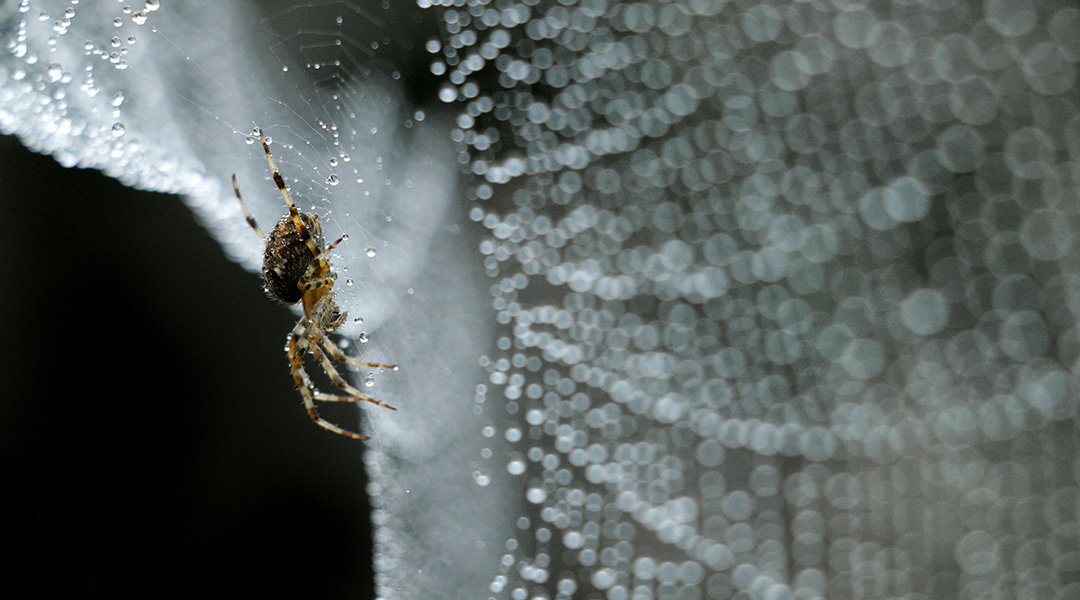
Plant cells outperform yeast or bacteria in producing spider silk proteins, enhancing production efficiency.
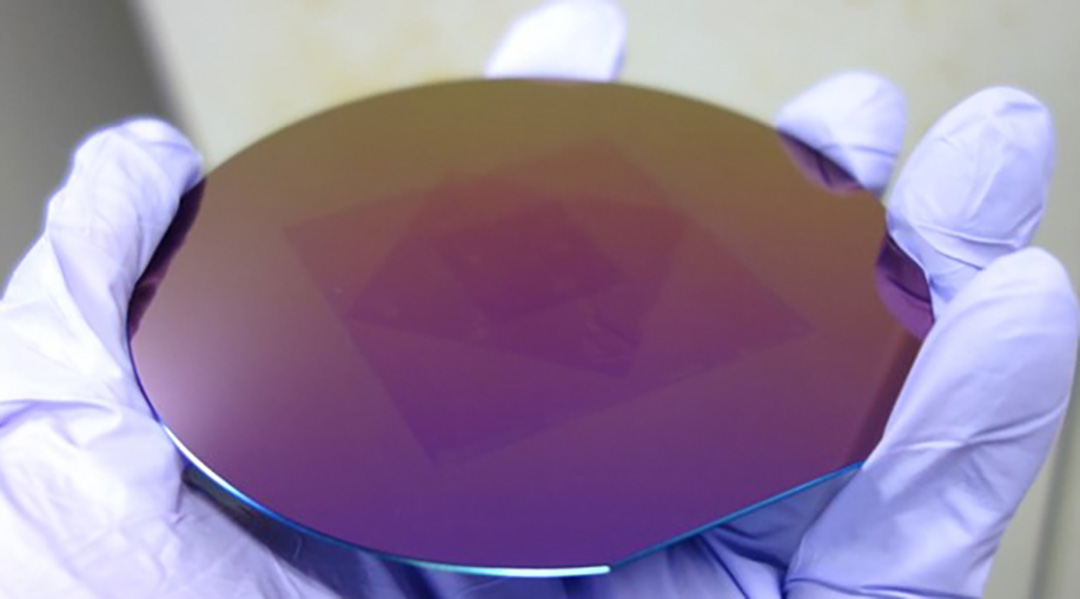
Breakthrough molecular tape streamlines transfer of fragile 2D materials, opening doors for industrial-scale production.
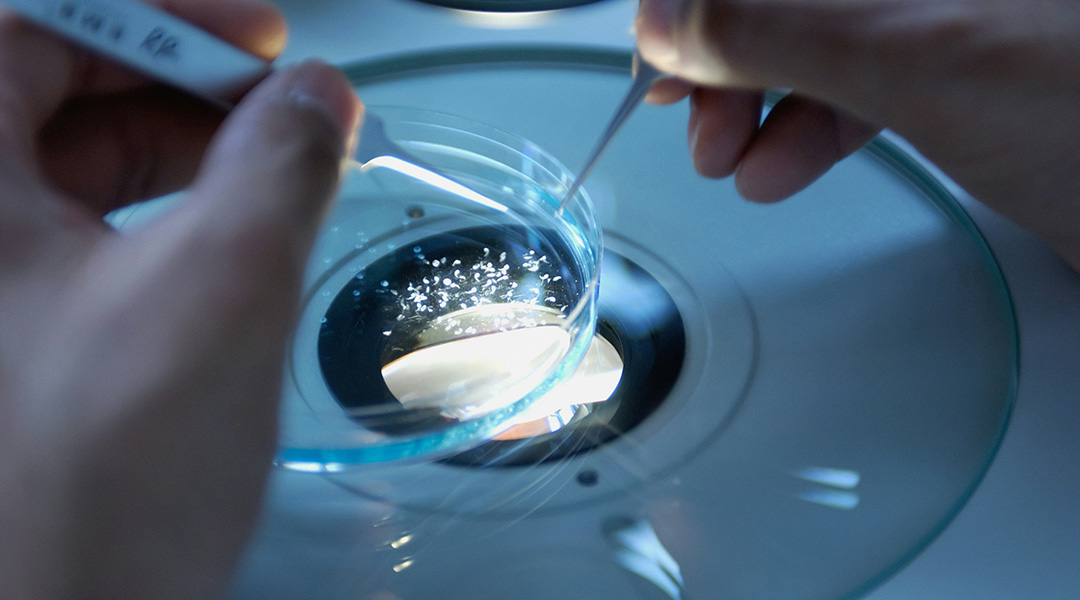
The new protocol identified microbes that standard techniques alone couldn’t, uncovering previously unknown bacterial strains in the process.
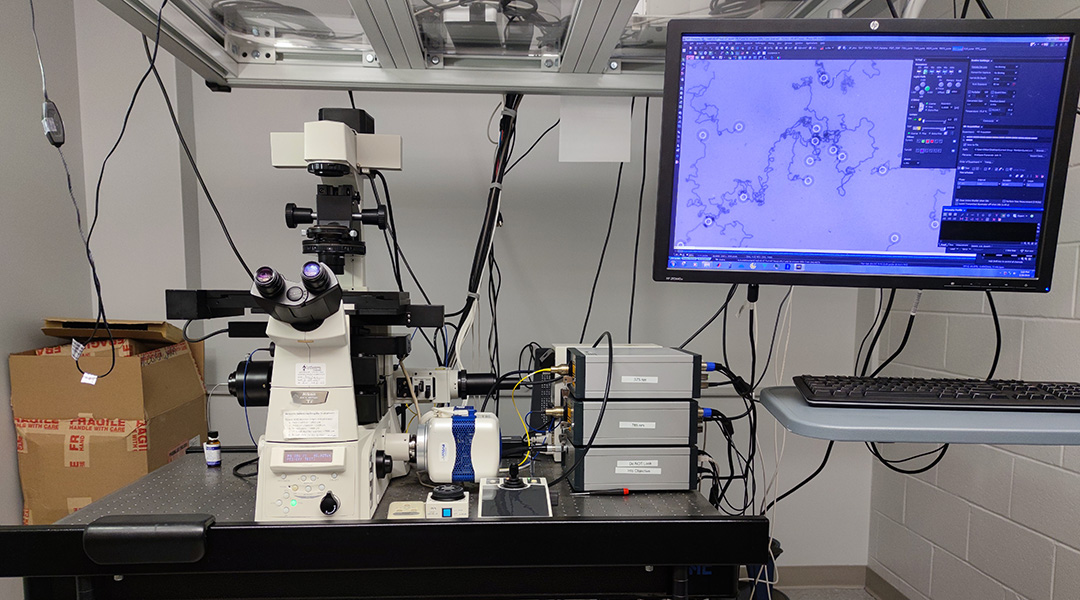
Scientists achieve threefold speed boost for DNA nanomotors and applied them to breakthrough virus detection for SARS-CoV-2 and RSV tests.

Scientists develop a light-driven carbon capture system using photoacids, creating an energy-efficient method to remove atmospheric carbon dioxide.
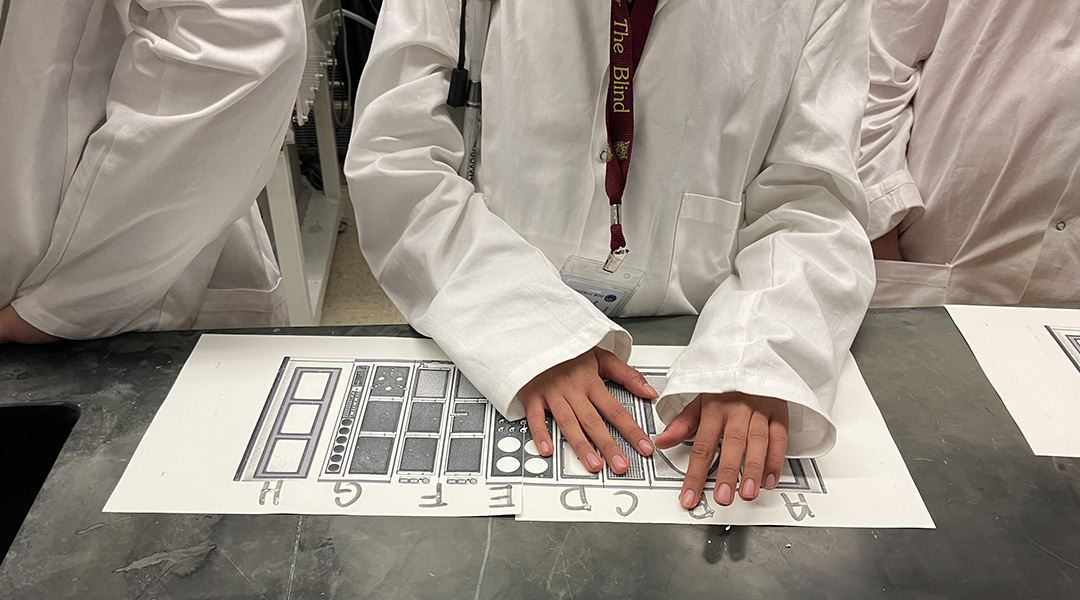
A team pioneers 3D lithophanes to make science accessible for visually impaired high school students, breaking barriers in inclusive learning.
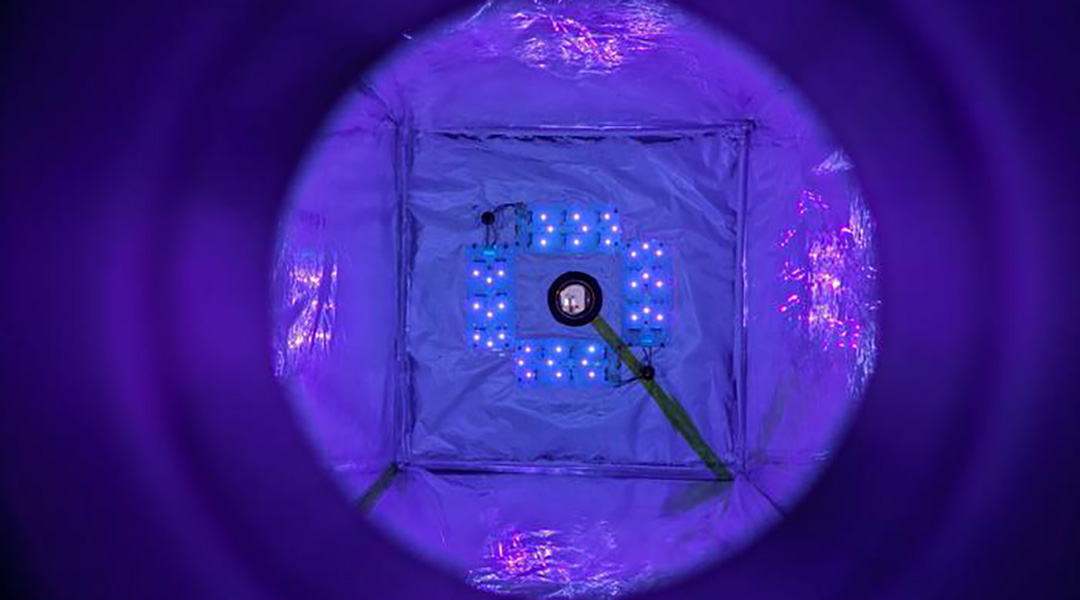
The new device pulls methane out of the air and could help tackle emissions from low-concentration sources, like livestock farms.
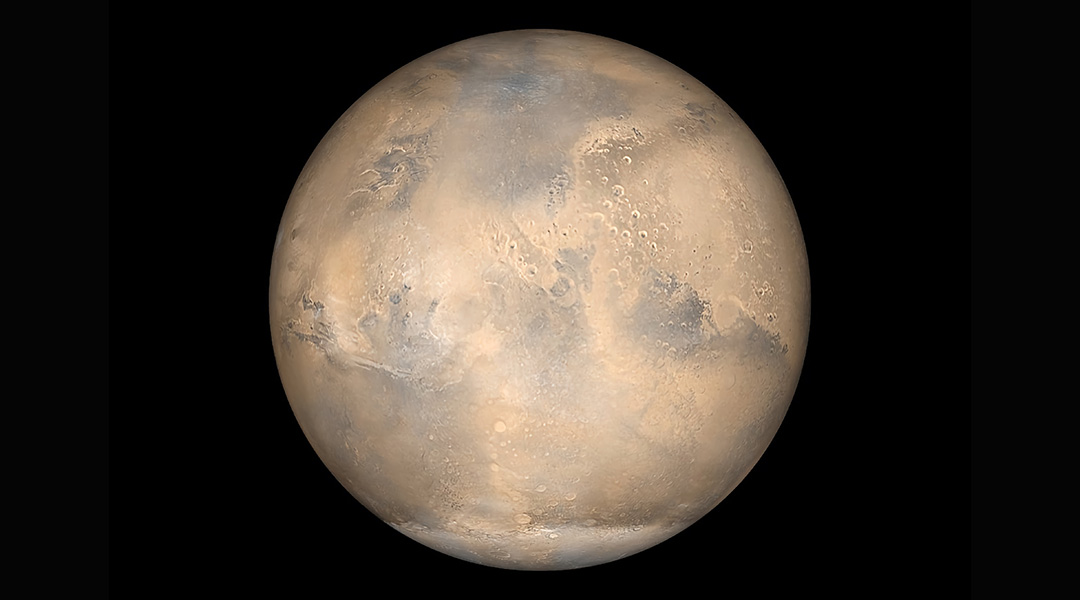
Using a mineral found naturally on Mars, energy and electronics could be easily and sustainably produced on site.
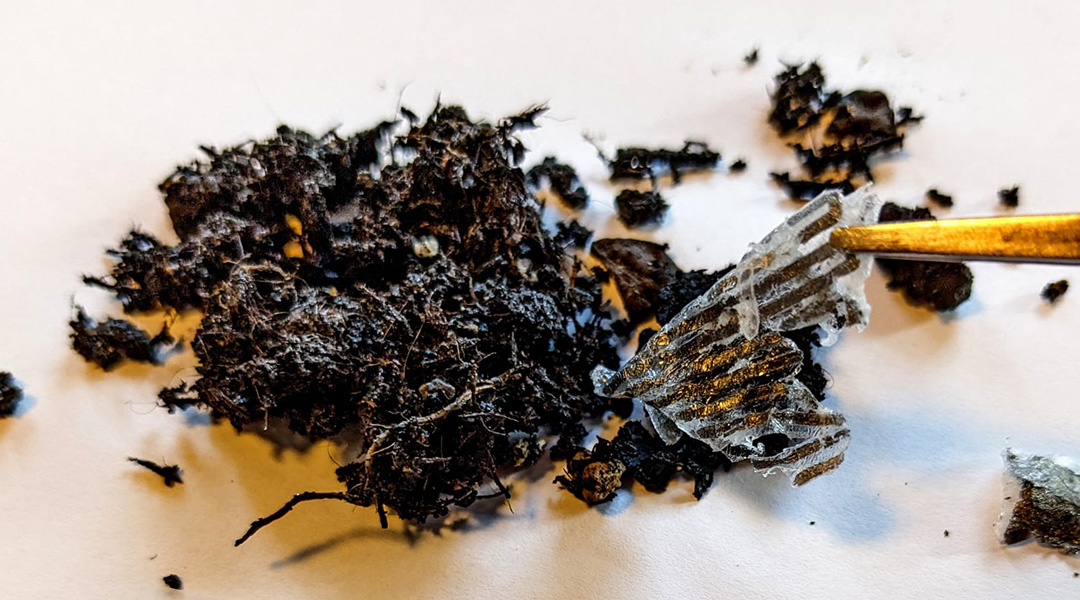
Discover how cellulose may revolutionize flexible electronics, replacing plastics in eco-friendly, sustainable substrates for innovative devices.